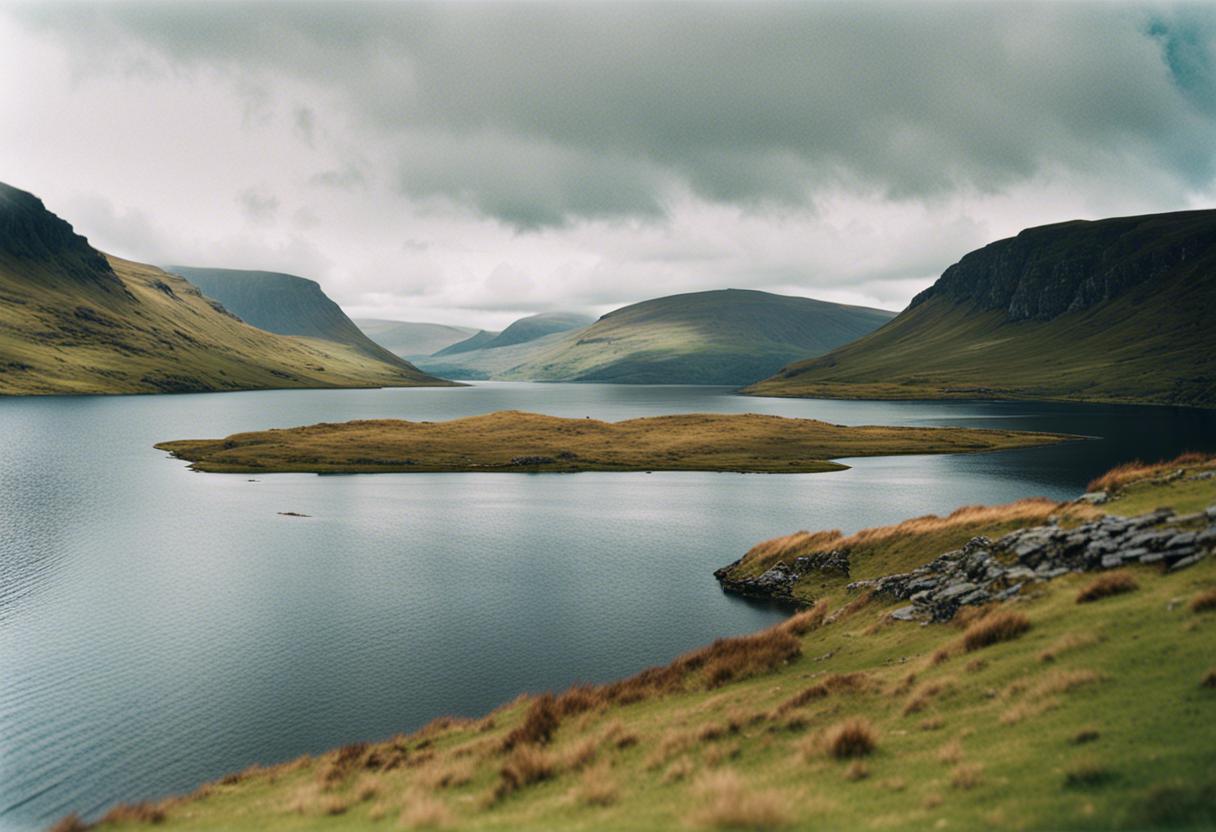A significant escape of farmed salmon from a pen in Killary Harbour has led to unease regarding its impact on native species in some surrounding key Irish fishing rivers. The Department of Agriculture, Food and the Marine (DAFM), the responsible licensing body, affirmed that it was notified of the salmon escape from a licensee’s establishment in the Co Galway harbour on August 13th.
The licensee has reported that the broken pen was mended and a review about the occurrence is being assembled by the department’s marine engineering sector, as stated by the DAFM spokesman.
Galway Bay Against Salmon Cages (GBASC) reported that they were told about a huge escape of farmed salmon, estimated to range from 10,000 to 30,000 fish, on August 11th by an insider linked to the salmon farming sector in Connemara.
Billy Smyth, spokesperson for GBASC, warned about the shattering effect this could have on the Erriff and Delphi rivers flowing into Killary Harbour and additional neighbouring rivers like Kylemore, Clifden, Culfin, and Ballynahinch unless the escapees are apprehended.
The salmon farm in question is run by the Mannin Bay Salmon Company, who disclosed that a tear on one of their nets was found by their divers during a routine inspection on a Monday morning. This followed closely after works were performed on Sunday due to inclement weather, after which the net was fixed by divers and later substituted with a brand new one.
DAFM, IFI and local fishery managers were informed, including a site inspection by a department engineer on Thursday. Conjointly with the inspection, it was also settled under DAFM guidance that specialist trap nets will be arranged west of the pens, as shared by a representative from the Marine Institute.
IFI has given its consent to set up supplementary driftnets along the northern shoreline. The firm has stated its commitment to contributing financially to this endeavour, with hopes that it would significantly decrease the possibility of fish migrating towards the Erriff or Delphi fisheries.
From a ‘genetic contamination’ perspective, the business clarified that these fishes won’t fully mature until winter 2025, at the earliest, and the survival rate until then is expected to be low. They admitted to being deeply disappointed with this incident and now intend to conduct an in-depth analysis to devise a strategy to avoid similar incidents in the future.
Mr Smyth pointed out that within 24 hours of a salmon escape incident, salmon farm license holders are required to inform DAFM and IFI. Furthermore, a thorough emergency plan needs to be in place to efficiently manage any unexpected situations related to the correct functioning of a salmon farm, including fish escapes.
The focus is on identifying the plan or actions that have been put into effect to recapture the escapees. Swift escalations in the number of farmed salmon sighted jumping around the cage areas have been observed according to local reports.
Despite this, the company maintains that the number of fish that have managed to escape is insignificant.
Salmon Watch Ireland reported being notified about a massive number of farmed salmon escaping from Rosroe’s salmon farm. The organization stated that the escape seems to have resulted from a fish farm boat colliding with the salmon cages.
Docon Limited from Mulranny, Co Mayo, is the listed owner of the farm license.

